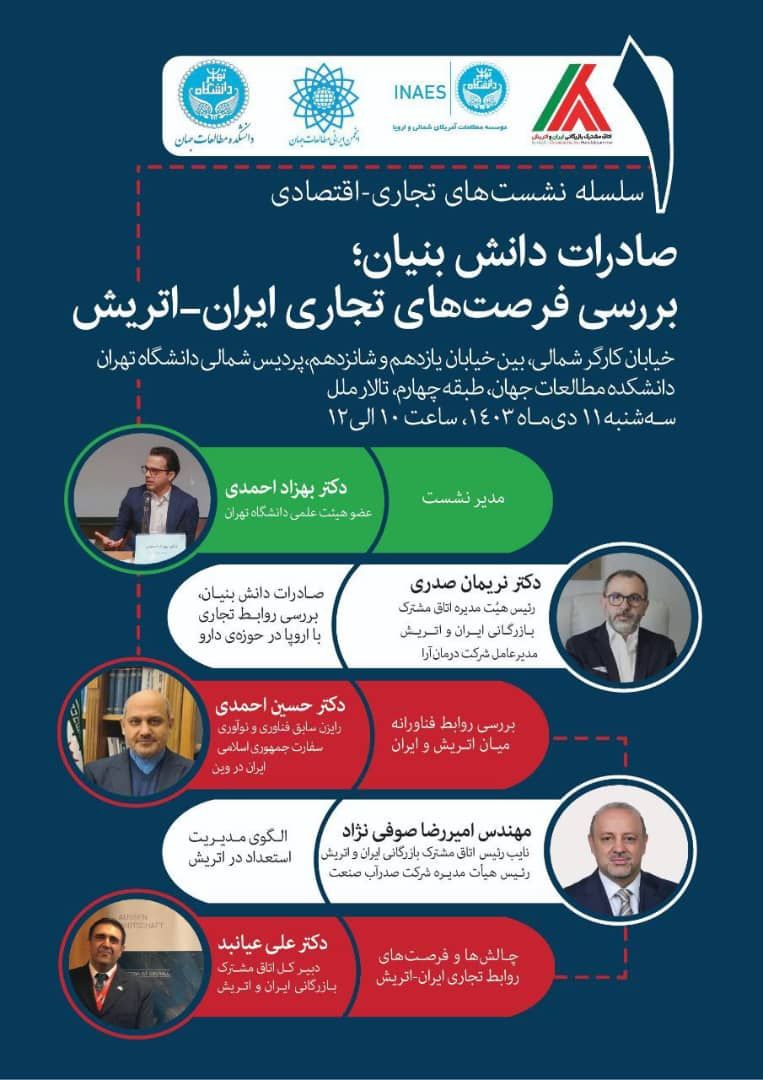When I woke up in the morning, I had predicted that it would be an amazing holiday: a hearty breakfast, followed by a long recreational motorcycle ride, some yoga, reading, and a list of everything one could enjoy on a day off, topped off with an interesting panel discussion on Clubhouse. But the day didn’t unfold as I expected. After my motorcycle ride, when I returned home, a work call revealed that I had made a fatal business mistake the day before during a storm of decisions. Not only did I risk losing a great business opportunity, but I also might have caused significant reputational damage to my company. I was completely thrown off and stressed. When I’m stressed, I pace quickly across the living room, thinking about possible solutions. This is almost always my approach, and almost always, the worst solutions come from this habit. I don’t know why I do it instinctively!
I remembered Nariman 1 and Nariman 2; I should have managed the crisis, but my physical state had already plunged me into a full blown crisis. The more I tried to go over the right solutions, the less I seemed to find one. It felt as though my effort was inversely related to finding the solution.
Excessive worry about performing a task perfectly actually destroys the activity, as it fills short term memory with obsessive, irrelevant thoughts and faulty cognitive analyses. One of the responsibilities of Nariman 2 is to regulate thoughts and behaviors, and Nariman 2 needs cognitive effort to maintain focus for making correct decisions. There is a lot of evidence showing that activities which impose significant pressure on Nariman 2 require self control. One of Nariman 2’s main tasks is to monitor and control the thoughts and actions suggested by Nariman 1. Some of these are allowed to manifest directly in behavior, while others must be suppressed and corrected.
As I was pacing the length of the room, I made several quick decisions in the first hour of the crisis, each of which deepened the problem. I was exhausted, and as I passed by the bookshelf, I remembered the exercises for Nariman 1 and 2. I needed to exercise self control in order to fully utilize Nariman 2. I told myself, “I’ll step away from this for three hours; there’s no rush to find a solution.” I started with an hour of yoga, followed by a light, high calorie meal, a warm shower, and then an hour of sleep.
Researchers have used various methods to study the relationship between thinking and self control. Some have raised the question of whether there is a correlation between the two, asking if people were categorized based on their self control and intuitive abilities, would individuals in these categories end up in the same positions? We need to distinguish between being logical and being intelligent. For logical thinking, self control is essential and has roots in brain physiology. Nariman 2 needs to slow down and examine the crisis with self control to design the necessary solution.
Fortunately, by creating a safe environment for slow thinking, I was able to navigate the crisis successfully. Just minutes before the Clubhouse panel, the crisis subsided after implementing the logical solution I had designed.
How about you? In the upcoming week, observe your own experiences related to self control and logical thinking:
“After a long day in work meetings, feeling completely drained, instead of thinking about a family issue, you just try to implement previously learned practical solutions.”
“My colleague didn’t bother to check whether what they said made logical sense or not. Does he have Nariman 2 laziness, or was he just too tired?”
Until the next writing, I hope we all grow in self control.
































